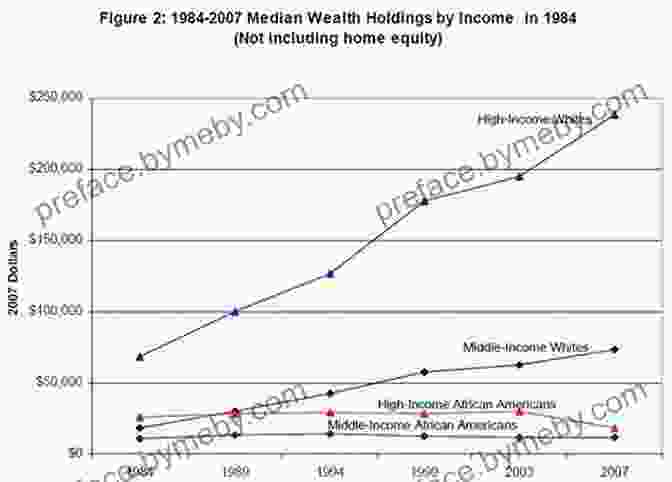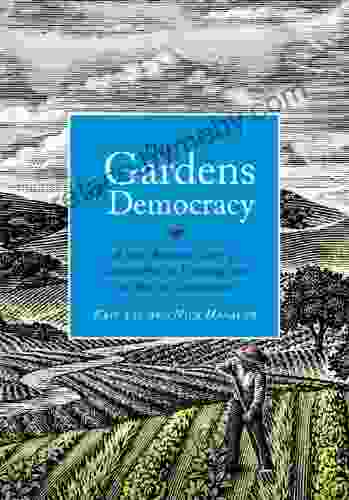The Evolving Concept of American Citizenship

4.5 out of 5
| Language | : | English |
| File size | : | 1315 KB |
| Text-to-Speech | : | Enabled |
| Screen Reader | : | Supported |
| Enhanced typesetting | : | Enabled |
| Word Wise | : | Enabled |
| Print length | : | 194 pages |
American citizenship is a multifaceted and constantly evolving concept. It encompasses a complex interplay of rights, responsibilities, and the relationship between individuals and the government. Over the years, the meaning of citizenship has been shaped by various factors, including economic conditions, government policies, and social movements.
In the 21st century, American citizenship faces unprecedented challenges amidst a rapidly changing economy and widening social disparities. This book delves into these challenges and explores how they are redefining the very essence of being an American citizen.
The Economic Landscape and its Impact on Citizenship

The American economy has undergone significant transformations in recent decades. Technological advancements, globalization, and the rise of the service sector have created new economic opportunities while also exacerbating income inequality.
This economic landscape has profound implications for American citizenship. It has led to growing economic insecurity, making it harder for individuals to achieve financial stability and upward mobility. As economic inequality becomes more entrenched, it also threatens to undermine the social cohesion that is essential for a healthy democracy.
The Role of Government in Shaping Citizenship

The government plays a crucial role in defining and shaping citizenship. Through laws, policies, and programs, the government determines who is eligible for citizenship, what rights and responsibilities come with it, and how these rights and responsibilities are enforced.
In recent years, the government's role in citizenship has become increasingly controversial. Some argue that the government should take a more active role in promoting social justice and economic opportunity, while others believe that the government should limit its involvement and allow individuals to pursue their own economic goals.
The Future of American Citizenship

The future of American citizenship is uncertain, but it is clear that the challenges and opportunities of the 21st century will continue to reshape its meaning. Economic inequality, technological advancements, and the globalization of the economy will all play a role in determining what it means to be an American citizen in the years to come.
This book offers a timely and thought-provoking examination of the new American story of citizenship. It provides essential insights into the complex interplay of economy, government, and the rights and responsibilities of citizens. By understanding the challenges and opportunities facing American citizenship, we can work towards a more just and equitable future for all.
American citizenship is a precious and powerful status that carries with it both rights and responsibilities. As the economy and government continue to evolve, it is essential to have a clear understanding of the changing nature of citizenship. This book provides a comprehensive and insightful analysis of the complex issues that shape American citizenship today, making it a valuable resource for anyone interested in the future of our nation.


























































































